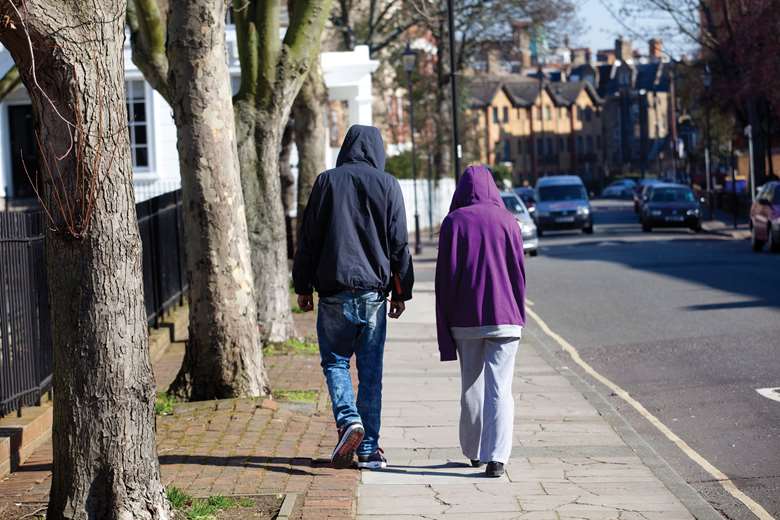Fall in missing children incidents linked to 'county lines'
Gabriella Jozwiak
Monday, October 1, 2018
The number of children going missing as a result of their involvement in so-called "county lines" drug networks has fallen dramatically thanks to specialist support offered by a youth charity, an evaluation shows.

A Home Office-funded pilot project to tackle "county lines" crime in Kent, resulted in the number of missing episodes in Dover falling from 123 to 49 just four months after the interventions began. Meanwhile, in Thanet numbers fell from 16 a month to just five.
Delivered in partnership by charities St Giles Trust and Missing People, the County Lines Pilot Project saw case workers deliver face-to-face support to vulnerable children to help them exit county lines activity from September 2017 to March 2018.
County lines is used to describe when gangs from urban areas exploit children to establish drug-dealing networks in rural areas.
Missing People provided a national phone line to give advice for children and their families.
By the end of the pilot, 38 children and their families in two areas of Kent, and three in London, had received support, while seven children and 20 families received in-depth phone services.
The SafeCall phone line was found to have provided help for parents where no help was available locally, according to an evaluation of the pilot.
It said: "Evidence from professionals and parents involved in SafeCall and St Giles Trust casework identifies that supporting parents and the wider family is a key element in providing the right conditions for children to begin to exit county lines activity.
"The SafeCall service can play an important role in helping to create these conditions."
The reduction in missing children led Kent Police to save an estimated £271,253 over six months, but the actual savings could be higher once reduced demands on other services, such as the use of secure accommodation, are taken into account.
As a result, Kent police and crime commissioner Matthew Scott has allocated £45,000 to ensure casework continues until April 2019.
Scott said: "Kent Police has rightly been bringing those responsible to justice; but the St Giles Trust has been doing equally fantastic work safeguarding vulnerable young people in our communities, reducing instances of them going missing and offering positive alternatives to a life of substance abuse and crime."
The pilot also revealed changes in the way youth workers understand county lines to operate, as instead of children travelling out of London to deal drugs in Kent, they discovered gang leaders had established "hubs" and were recruiting children in local communities.
The evaluation said: "This has advantages for the line owner - supply can be achieved in a day trip which avoids the potential trigger of children going missing overnight or longer, and local children are likely to be a cheaper workforce and more easily intimidated and coerced, and less likely to be noticed in a local area."
St Giles Trust head of community services Evan Jones said he hoped to be able to extend the project's approach nationally.
"County lines involvement is destroying families across the country," he said.
"We hope other areas will follow suit so we can work together to tackle county lines, help young people and their families out of their trauma and show them that there is light at the end of the tunnel."
In September, the Home Office announced the opening of a £3.6 million unit aimed at tacking county lines crime.




